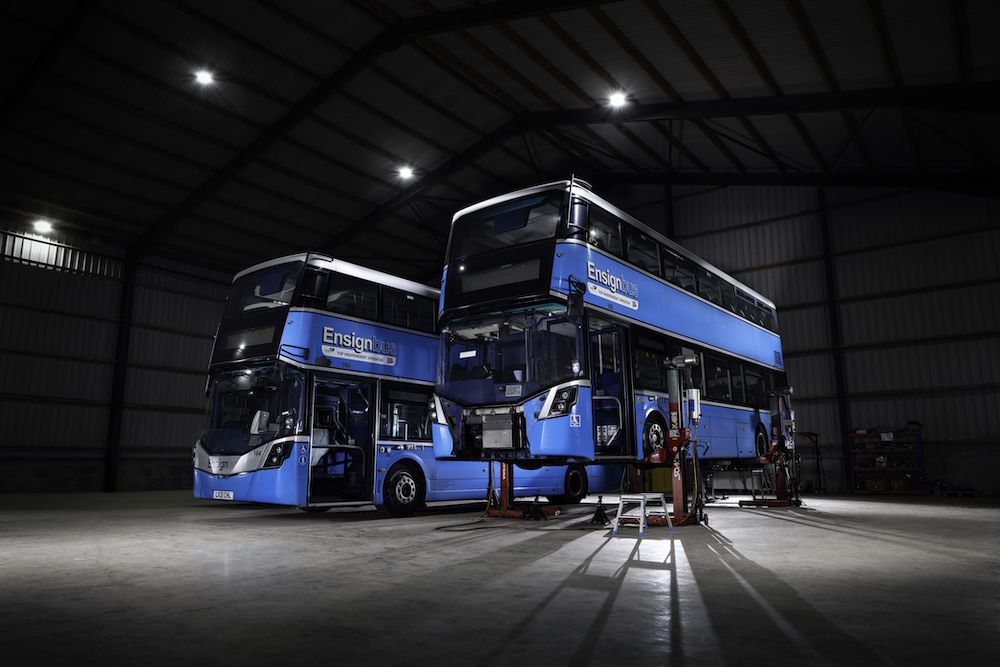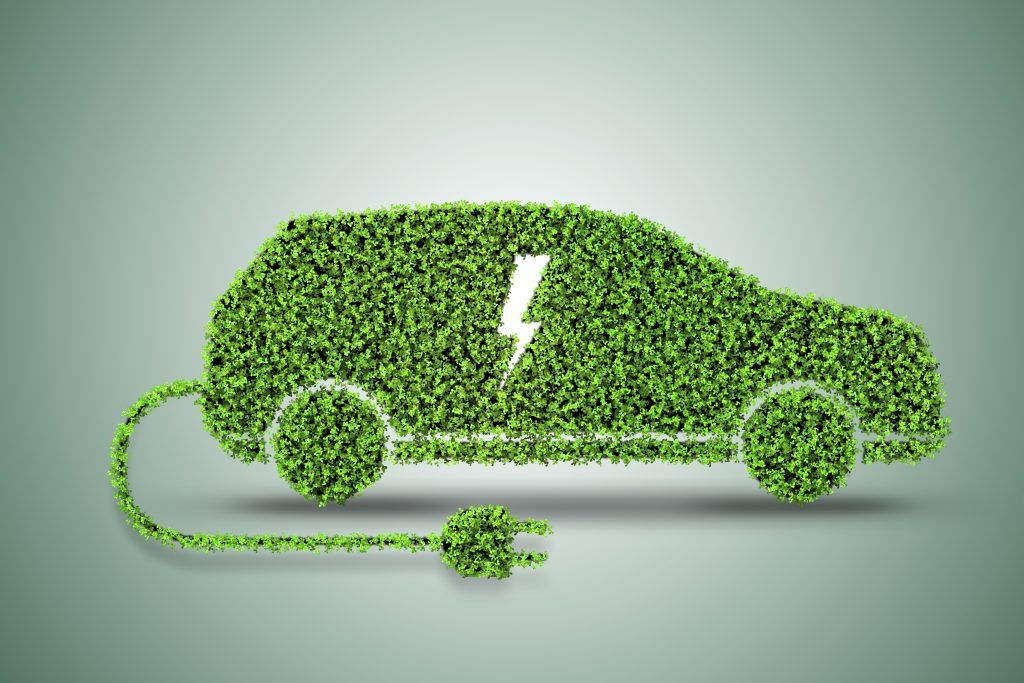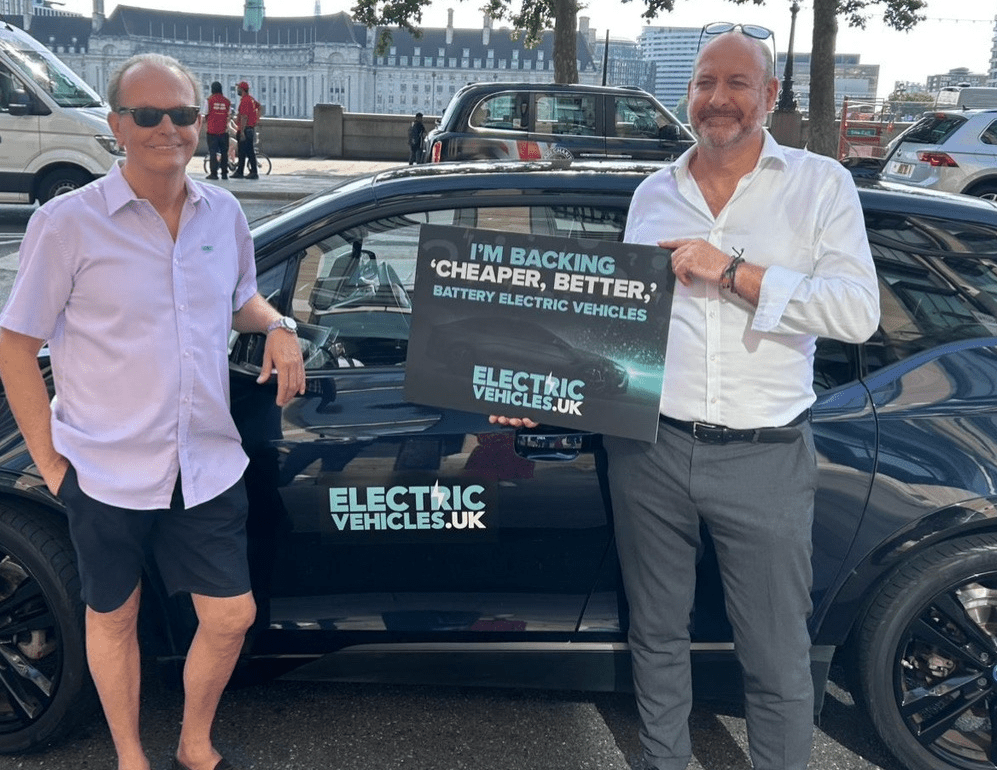New Prime Minister Keir Starmer has appointed Louise Haigh as transport secretary and Ed Miliband as energy security and net-zero secretary as the Labour administration takes shape.
Haigh will be in charge of a transport department with two immediate priorities on the electrification of vehicles, and on the nationalisation of the railways. It remains to be seen whether Haigh will move the date for banning the sale of ICE vehicles forward to 2030, as previously promised, after former Prime Minister Rishi Sunak moved the date back to 2035.
Meanwhile, Miliband comes with a wealth of experience in energy and the environment, and was secretary of state when the original Climate Change Act was passed in 2008.
His to-do list includes acceleration of the decarbonisation of the grid, including the long-running issue of installing more renewable grid connections for solar, wind and other projects, and debates over on-shore wind, and how to ensure the energy network can accommodate more than 30 million electric vehicles once road transport is fully decarbonised. He said recently that plans to upgrade offshore wind to 60GW installed capacity by 2030 would begin ‘on day one’.
In addition, Miliband is expected to green light a large number of solar farms requiring permits, but are effectively shovel-ready schemes.
Speaking about the appointments and the incoming Labour government, the transport and energy sectors were hopeful of change, but conscious of the big challenges.
Gerry Keaney, Chief executive of the British Vehicle Rental and Leasing Association (BVRLA) Gerry Keaney said that the time for “blanket” decarbonisation policies had been and gone, and “specific interventions” were now needed, such as tax incentives for company cars, charging infrastructure and the used market.
RAC head of policy Simon Williams said that it was a “huge understatement” to say the incoming transport secretary had a lot to address, but there was a “huge opportunity” to improve the lives of all road users.
He said that “top of the list” was the “thorny issue of fixing Britain’s broken roads” which will sadly take far more money than the promised £320m from scrapping the A27 Arundel bypass.”
James Court, Chief Executive of EVA England, said it was “an exciting time” for the Labour government to “keep up the pace” of net-zero goals, and push on with the “ambitious changes EV drivers are demanding”.
He said: “Our members report overwhelming satisfaction with their driving experience, and the growing number of EVs on UK roads is testament to strong future prospects for EVs.”
Image from Shutterstock













